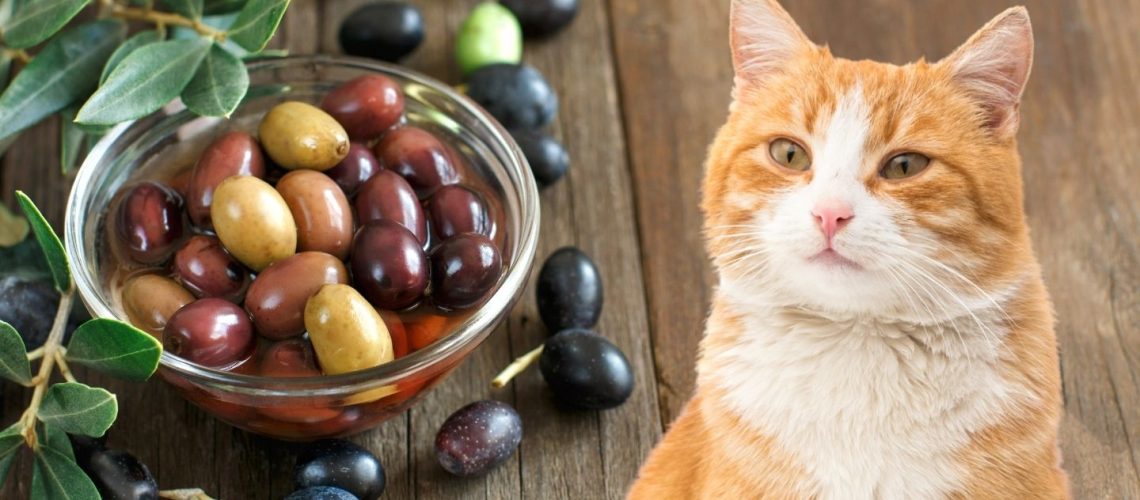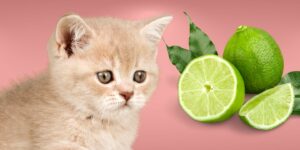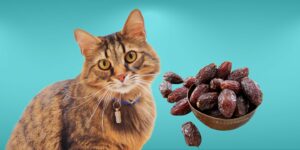The answer to the question "Can cats eat olives?" is a resounding no. Olives are not a part of a cat's natural diet, and there are several potentially harmful effects if they do eat them. It is essential to understand your cat's dietary needs and avoid feeding them anything that can cause harm or negatively impact their health.
The Nutritional Needs of Cats
The carnivorous nature of cats
Cats are obligate carnivores, which means they require protein from animal sources to maintain their health. Their digestive systems are designed to process meat and other animal products, not plant-based foods like olives.
Essential nutrients for feline health
Cats require specific nutrients that can only be found in animal sources, such as taurine, arachidonic acid, and certain vitamins like A and D. These nutrients are essential for a cat's overall well-being and cannot be obtained from plant-based foods.
The Composition of Olives
Nutritional content of olives
While olives can be a healthy snack for humans, they are not suitable for cats due to their high sodium and fat content. They also contain antioxidants, but the risks of feeding them to cats outweigh any potential benefits.
The presence of sodium and fat
Olives are high in sodium, which can cause harmful effects on a cat's kidney function and lead to dehydration. The high-fat content can also contribute to obesity and other health problems in cats.
The potential hazard of olive pits
If a cat is fed whole olives, the pit can pose a choking hazard or cause intestinal blockages if ingested. This is another reason why olives should be avoided as a food source for cats.
Health Risks Associated with Olives in a Cat's Diet
Gastrointestinal upset and pancreatitis
The high salt and fat content in olives can cause gastrointestinal upset in cats, leading to vomiting or diarrhea. The fat content can also lead to pancreatitis, a painful and potentially life-threatening inflammation of the pancreas.
Dehydration and sodium toxicity
Consuming high-sodium foods like olives can result in dehydration and, in severe cases, sodium toxicity, which can cause neurological problems and even death.
Choking and intestinal blockage risks
As mentioned earlier, the pits of olives can be a choking hazard and lead to intestinal blockages if ingested, requiring emergency veterinary intervention.
Effects on insulin sensitivity in diabetic cats
In diabetic cats, the consumption of olives can cause a worsening of their condition, as it may increase insulin resistance, complicating their treatment and overall health.
Contribution to obesity and related health issues
Feeding cats high-fat foods like olives can contribute to weight gain and obesity, which can lead to other health issues such as diabetes, heart disease, and arthritis.
Potential for malnutrition due to taste aversion
The bitter taste of olives may cause cats to develop a taste aversion, leading them to refuse other healthier foods, resulting in malnutrition.
Alternatives to Olives for Cats
Healthy treats designed for cats
Offer your cat healthy, commercially available treats specifically designed for them. These will contain the necessary nutrients and are generally safe for feline consumption.
Safe human foods for feline consumption
Some human foods are safe and can be given to cats in moderation, such as cooked unseasoned chicken, turkey, or fish. Always consult with your veterinarian before introducing new foods to your cat's diet.
Importance of veterinarian-approved diets and supplements
Ensure your cat's diet is properly balanced and meets their specific nutritional needs by consulting with a veterinarian and following their recommendations for food and supplements.
Preventing Accidental Ingestion of Olives
Proper food storage methods
Store olives and other potentially harmful foods out of reach of your cat to prevent accidental ingestion.
Monitoring your cat's environment and access to human foods
Keep an eye on your cat's surroundings and access to human food, ensuring they do not have the opportunity to consume olives or other potentially harmful items.
Training your cat to avoid certain foods
Teach your cat to avoid particular foods by using positive reinforcement and redirecting their attention to appropriate treats.
What To Do If Your Cat Eats Olives
Monitoring your cat's behavior and symptoms
If your cat ingests olives, monitor them closely for any signs of gastrointestinal upset, dehydration, or other concerning symptoms.
When to consult a veterinarian
If you notice any concerning symptoms or believe your cat has consumed a significant amount of olives, consult with your veterinarian immediately.
Treatment options for cats that have ingested olives
Your veterinarian will assess your cat's condition and recommend appropriate treatment, which may include fluids to address dehydration, medications to alleviate symptoms, or in severe cases, emergency surgery.
Key Takeaways
- Understand your cat's nutritional needs and the importance of feeding them a balanced, species-appropriate diet
- Recognize the dangers of feeding olives to cats, including potential health risks and complications
- Know the alternatives to olives for cats, and consult with a veterinarian to ensure their dietary needs are met
- Prevent accidental ingestion by implementing proper food storage, monitoring, and training
- Know the steps to take if your cat consumes olives and when to consult a veterinarian for guidance and treatment











